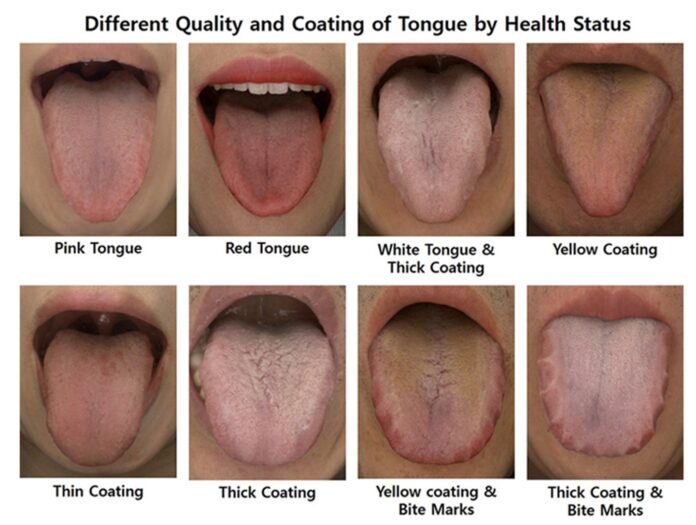By Namwook Cho, L.Ac.
Accuracy of diagnosis and reproducibility enhanced using three-dimensional tongue imaging measurement and analysis technology.
A result of diagnosis in Asian medicine such as pulse diagnosis and tongue diagnosis could be different from one acupuncturist to the other. There are too many factors that affect results of the diagnosis.
Specially, conventional way of tongue diagnosis has had limitations due to the influence of subjective factors including the difference in degrees of experience and knowledge of a practitioner and external environmental factors like lighting and eye position for diagnosis and so on.
Development of an integrated system for health diagnosis through tongue imaging based on Korean Medicine.
An upgraded tongue imaging device that takes 3-dimensional digital images of the tongue for the diagnosis of health and diseases has been developed according to Korea Institute of Oriental Medicine recently (KIOM).
KIOM has developed tongue imaging device (K TAS-4000), capable of 3-dimensional imaging with high accuracy and reproducibility by using indirect lighting, grid guidelines and depth camera.
The existing device analyzes the surface status and color of tongue after taking 2-dimensional images using direct lighting. On the other hand, the newly developed device applies indirect lighting for tongue imaging to minimize light reflection on the tongue surface caused by saliva. Grid guidelines are offered for frontal and side imaging of the tongue to enable accurate imaging from left to right and front to back of the tongue, thereby increasing the reproducibility and accuracy of diagnosis.
In addition, the balance status of the tongue can be analyzed using 3-dimensional imaging through geometric information including its color, shape, depth and thickness. Such symptoms as sleep disorder, dyschezia and indigestion can be predicted using tongue imaging, with much higher accuracy and reproducibility compared to the existing tongue diagnosis technology.
Tongue diagnosis, a diagnosis of health conditions and diseases based on the color and shape of tongue, is one of the major diagnostic methods in Korean medicine. In Korean medicine, the tongue is a key organ that indicates the progress of diseases for it is related to the heart and shows the stomach function status. However, until now, tongue diagnosis has had limitations due to the influence of subjective factors including the differences in experience and knowledge of doctors and external environmental factors such as lighting.
The K TAS-4000 tongue imaging device provides analysis of the quality of the tongue as well as the color and amount of tongue coating based on more than 4,000 tongue imaging data, and enables the diagnosis of health status by measuring bite marks on the tongue as well as the thickness, volume and deviation of the tongue.
The tongue imaging device divides the color of tongue into four types: white, pink, red and purple. The tongue coating analysis shows whether the coating is thick or thin, and the determination of the color of the coating, whether it is white or yellow, enables diagnosis of the cold-heat characteristics in Korean medicine. The device also provides the analysis of the strength of bite marks on the tongue produced due to its swelling or drooping.
To verify the possibility of clinical application of the tongue imaging device, the research team conducted clinical research related to menstrual pains, indigestion and chronic fatigue, and showed the relationship between these conditions and tongue characteristics. The results of the research were published in leading domestic and overseas journals including 『Evidence-Based Contemporary and Alternative Medicine』 (eCAM) and 『European Journal of Integrative Medicine』.
At present, the research team is developing a mobile tongue image acquisition program, and it plans to advance it into a mobile-based tongue diagnosis system, which will consist of big data built using tongue image data taken from daily life and support individualized health management.
The research team has made a patent application based on the research results, and the relevant technology is in the process of consideration for ISO international standard.



































